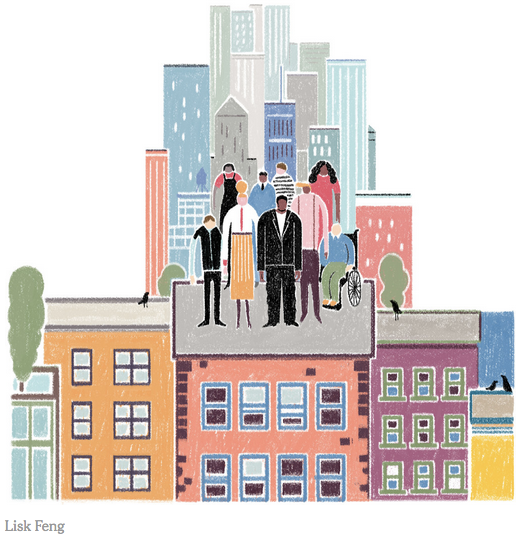In January, a coalition of mayors from cities nationwide signed a statement opposing an executive order that threatened to make “sanctuary cities” — those that limit the cooperation of local law enforcement and federal immigration officials — ineligible for certain federal grants. And following President Trump’s withdrawal from the Paris climate accord this week, mayors representing 83 cities have announced that they will meet the United States’ commitment in the agreement within their own jurisdictions. Individual cities are taking stands for equity, too. One example: In a move that offers a stark contrast to Attorney General Jeff Sessions’s push to revive the war on drugs, the City Council of Oakland, Calif., has created an “equity permit program” designed to ensure that new opportunities for cannabis entrepreneurship aren’t missed by those residents — disproportionately, people of color — who were most affected by marijuana arrests before legalization.
In response to actions like those, some organizations and mayors have characterized cities as the first line of defense against the Trump administration’s policies. But this glosses over their continued complicity in producing racial inequities that have lasted generations. Redlining and urban renewal, for example, are responsible for today’s racially segregated neighborhoods. And while movements to protect the rights of African-Americans, workers, people with disabilities, immigrants and L.G.B.T.Q. people have their origins in cities across the country, these cities’ current policies — such as those preventing affordable housing from being built in high-opportunity neighborhoods — perpetuate inequities.




